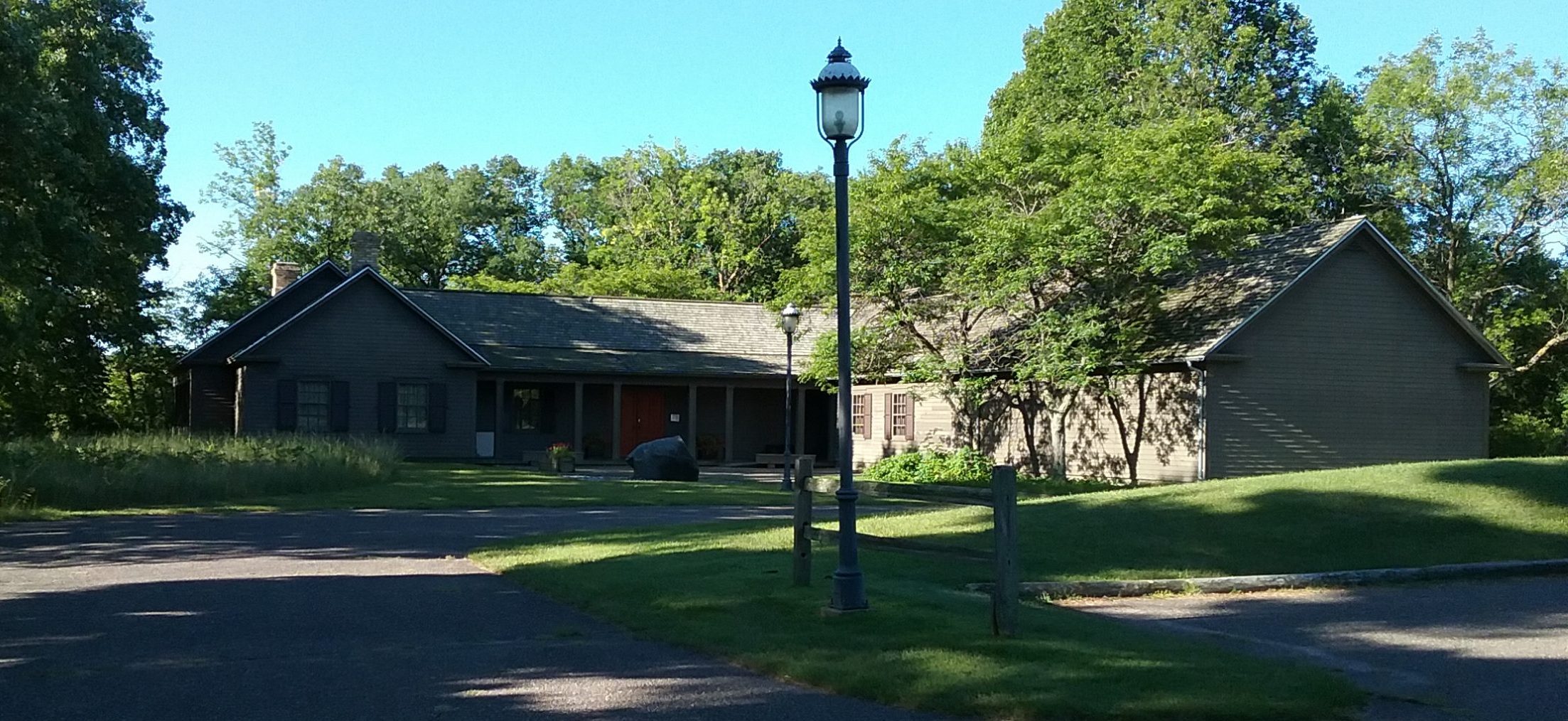Lemuria, Atlantis, The Great Zimbabwe, Kathmandu, Machu Picchu; all are lost cities, some of them now found. There is an attractive fog of mystery surrounding these cities and the ghost towns of the American West. I was interested to see how the definition of “lost city” compared with that of “ghost town”. According to the dictionary, a ghost town once thrived, but then was abandoned, or mostly abandoned, once a natural resource was used up. There was no dictionary definition for “lost city,” so I’ve come up with my own. A lost city is one that has been inaccessible to people for quite some time — so much time, in fact, that its history is unknown. Lost cities seem to have older civilizations than ghost towns.
In Morrison County, there are a number of abandoned towns that do not fall under the designation of either “lost city” or “ghost town”. In some of my research, these have been called “decadent towns”. The term has a strange ring to it, as though these towns disappeared through the raucous behavior of their residents. This is hardly the case.
Two towns that have disappeared from the Morrison County landscape are Dixville and Vawter. Dixville was located in Buckman Township about “8 miles east and two miles north of Royalton”. A post office was established there in 1895 with Gottlieb Schulz serving as the first postmaster. Prior to this, in the 1880s, a number of German immigrants moved to the area. Gottlieb was a peddler who served these immigrants by trading merchandise for their farm products. He decided to settle in the area and when the post office was established, he was required to come up with a name for it. He chose the name Dixville, after his horse named Dick.
The town had a school, a church (St. John’s Lutheran), a creamery and several stores. When postal service was discontinued in 1907, the town dwindled away. Union Cemetery, which was started in the 1880s in Dixville, is being cared for by the township and has been indexed by Marjean Keehr for the Historical Society.
The town of Vawter was founded in 1908 in northern Bellevue Township. The Minneapolis and Saulte Ste. Marie Railroad (Soo Line) had the town platted as it put in lines from Duluth to western Minnesota. The Soo Line apparently ran through John Schmolke’s property and he supposedly gave the town its name by commenting that there was “vater” everywhere. The truth of this legend is unknown, but the town grew to include a grain elevator, several stores, the Vawter Community Church, and a school. A postal drop was established in the community in 1922. Farmers near the town used Vawter to ship their goods via the railroad to markets in Duluth. By the 1940s, this shipping service and the post office were discontinued and the town disappeared.
Vawter still shows up on current plat maps, so my husband and I took a drive to go find signs of the village. When we got to the spot, all we saw were a number of private homes, one of which had some suspicious- looking, grass-covered humps of dirt. There is no visible evidence of Vawter left. Will Dixville and Vawter eventually become like the legendary Atlantis? Only time will tell.
by Mary Warner
Copyright 2001, Morrison County Historical Society

I remember my Dad talking about both of these towns. He said the trains stopped in Vauter to fill their steam engines. He also talked about a Vauter Rural Telephone Co.